Date: 2 May 2023 / League: Polish Cup Final
Final Score: 0-0 (Legia win 6-5 on pens) / Attendance: 44,701

Experience
No trains, no buses, no 4 a.m. starts and no overnight stays – living as I do within walking distance of the National Stadium, there’s simply no easier trip for me than the Polish Cup Final. And as showpiece events go, this isn’t a bad one at all.
Reflecting Poland’s own sweeping changes, long gone are the days when the final would be held in dingey backwater stadiums in the back-end of nowhere. Gone, too, are the times when this marquee fixture would invariably be delayed whilst police cavalry charges dealt with marauding pitch invaders and brawling, baying mobs. Held in Warsaw’s fancy PGE Arena for over a decade, the cup final has now become a supremely family-friendly theatrical event – a calling card for modern Polish football.
At least, that had been the case until last year. You see, every bit as important as the result are the tifo displays that each set of fans will traditionally unveil. Accompanied by dramatic smoke storms of pyro, to be recognised as putting on the superior show is to earn the respect of the nation.



But not so fast – last year saw Warsaw’s interfering Mayor place a ban on flags and flares, an inexplicable action on a par with telling a Brit that there’ll be no turkey for Christmas. This did not sit well. Not only did 20,000 Lech Poznan’s fans refuse to enter the stadium as a result, but they also rioted outside for good measure. At a stroke, the half-wit measures of a politician had wrecked the final whilst simultaneously sparking the nastiest urban unrest that Warsaw had seen for years.
So what did City Hall learn from this? Bugger all, it would seem – initially refusing to back down on last year’s draconian edicts, it was only the threat of a fan boycott that saw them cede ground with less than two weeks to kick-off – but hell yeah, all of a sudden, the party was back on!



That said, it nearly went ahead without me – whilst security were allowing large-format flags and turning a blind eye to pyro devices, they were hell-bent on stopping my camera from entering. When pleas didn’t work (“but I’ve come all the way from England”), I turned to bribery – that, too, failed.
I wasn’t going to give up that easily, though. It was time to roll out Plan X – annoy them into submission. Refusing to leave the area, and blocking the turnstile in the process, I proceeded to whine and moan so much that that the head of security was called to intervene. A big, gruff guy, I was certain I’d be put into a headlock and thrown onto the street – it was with some surprise, then, to hear him address me in halting English. “Where are you from,” he asked, “my son lives in Peterborough.”
Sensing a chance, I pulled out all stops. “I love Peterborough – amazing city, brilliant Polish community.” On I rattled until, to the crestfallen looks of the stewards that had prevented my earlier entry, I found myself being ushered in by the head honcho himself. Have that ya’ jobsworth cun*s!



Was it worth all that effort? Sort of, I think. Though featuring far less pyro than previous years (I get the idea that Ultra groups had reached a private agreement with City Hall along the lines of, ‘okay, do your fireworks, just don’t take the Mickey’), it was nonetheless impressive from a fan perspective – in particular, Legia’s primary flag drop depicting the guardian of the city, the mermaid, in XXL size.
That said, there were periods that the atmosphere seemed to peter out, something that I would argue would point to the gentrification of this finale – all around me, you got the sense of thousands of ticket holders attending their first ever match. “Can you sit down,” I got asked by one. “Mate, you really don’t know how Polish football works do you,” I wanted to respond. Instead, I meekly did as requested.
With all that in mind, therefore, it was with scant surprise to see so many fans streaming from the stands once the match had been decided by a dramatic penalty shootout. Not hanging around to even see the trophy lifted, for many behind me the final kick acted as the cue to scarper home. Jubilant as the scenes were behind the Legia goal, elsewhere the stadium emptied within moments.



Even so, I remain a big fan of both this fixture and this stadium. As an introduction to Polish football, it sets a good marker with its world class choreography and general sense of occasion.
Less can be said regarding the football side. Reduced to ten men after six minutes, Legia sought to stifle and contain Rakow from thereon in. For their part, Rakow, who were playing to win their third consecutive cup final, seemed to lack the killer edge. More than once, I found myself thinking Bristol City would rule Poland were they ever to shift to the other side of Europe.
Trudging into extra time, the result came down to spot kicks with Legia holding their nerve to ultimately come out triumphant. For Rakow, mind you, the result proved a temporary blip – as I write this a week after the match, the people of Czestechowa are nursing a giant collective hangover having clinched their first ever league title the previous night.

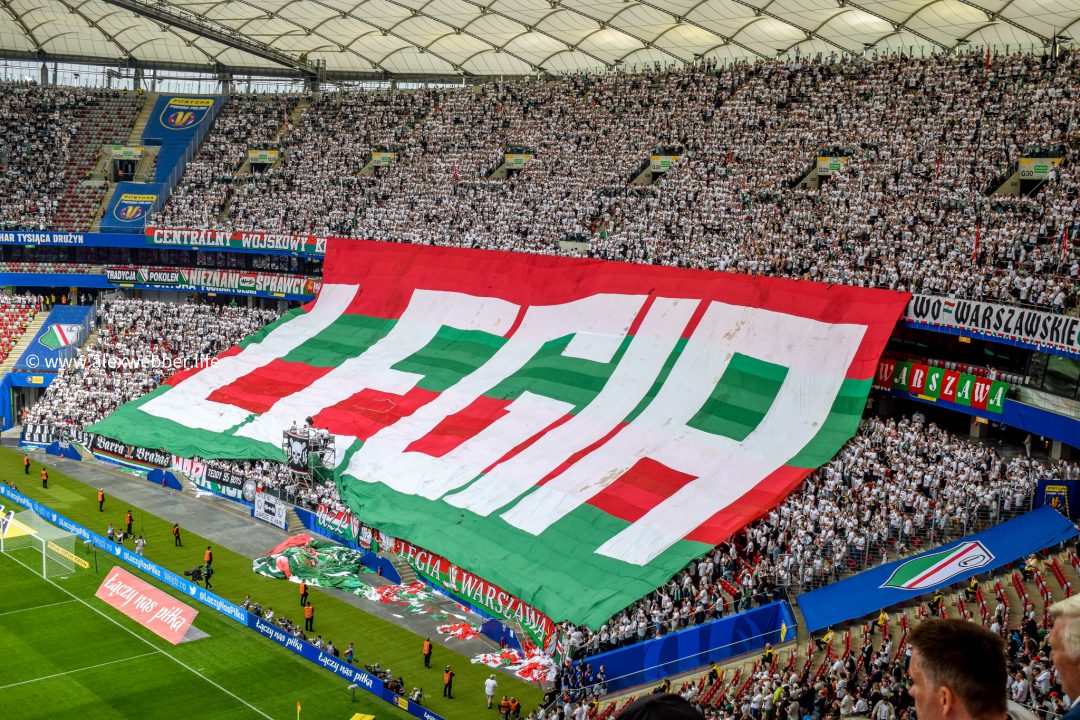


















































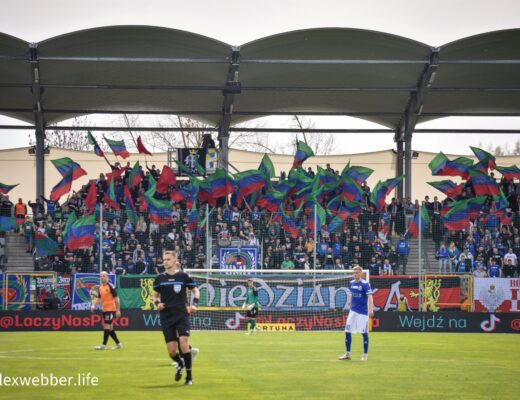
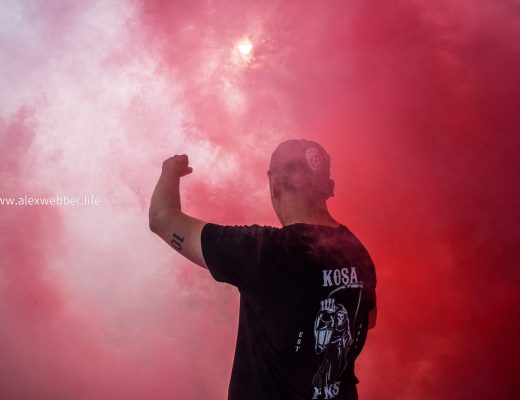
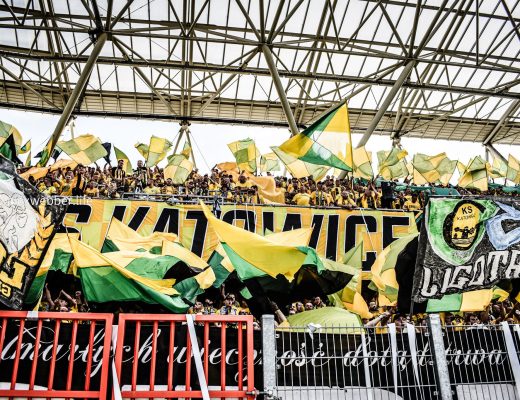

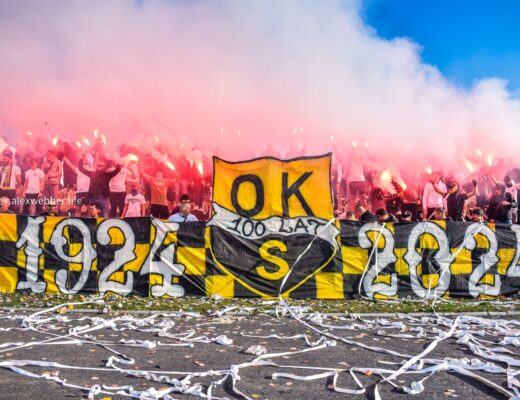
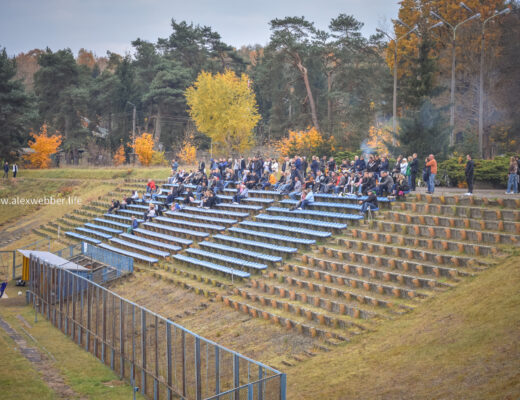
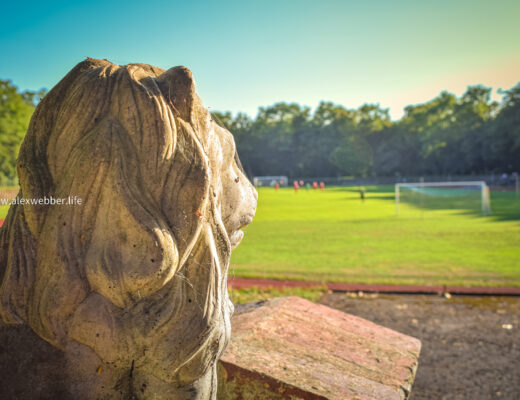
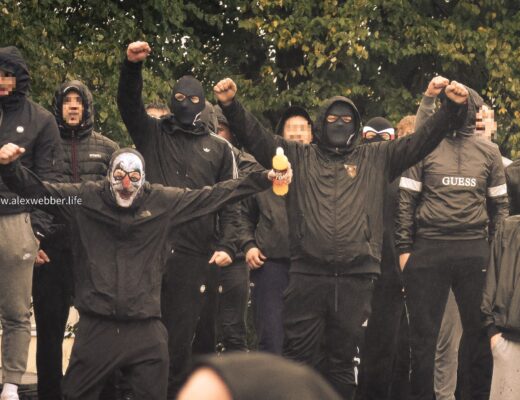
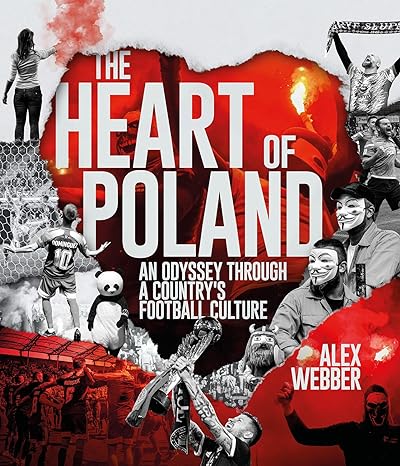
No Comments